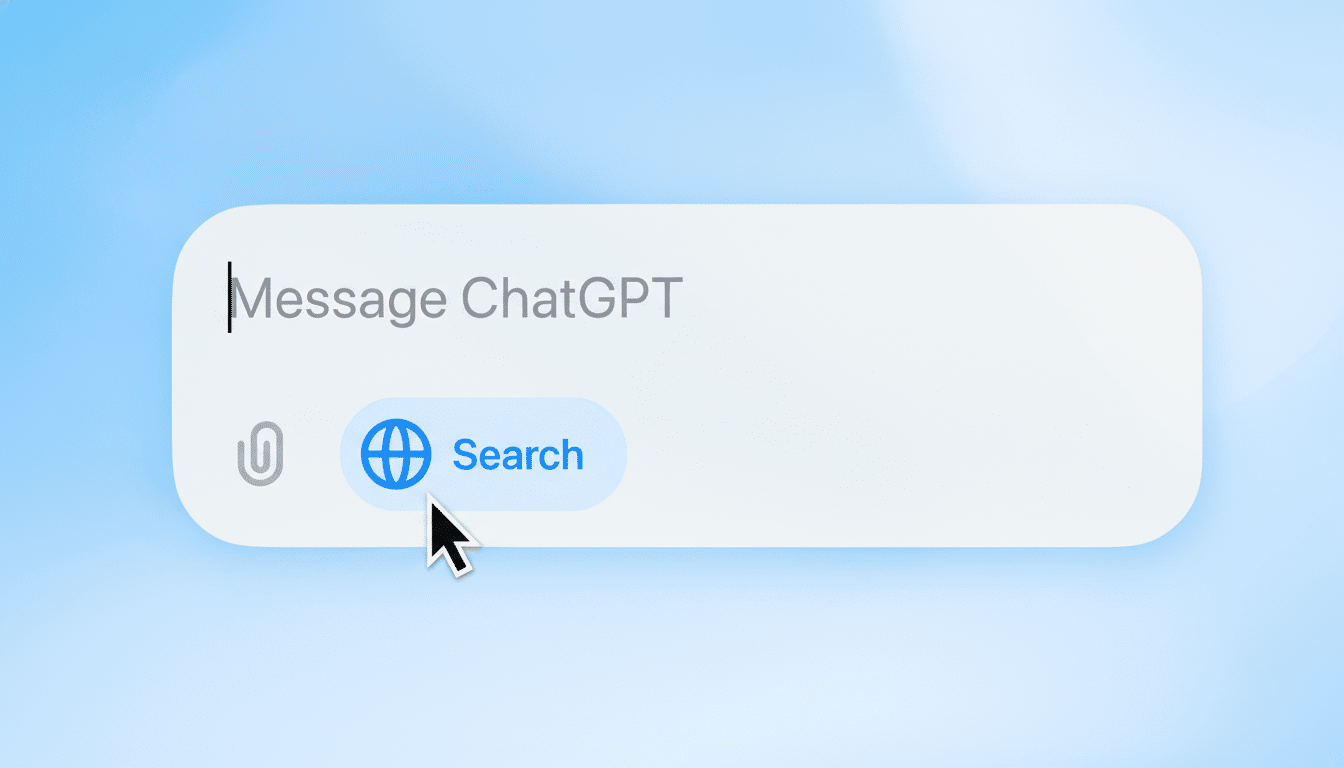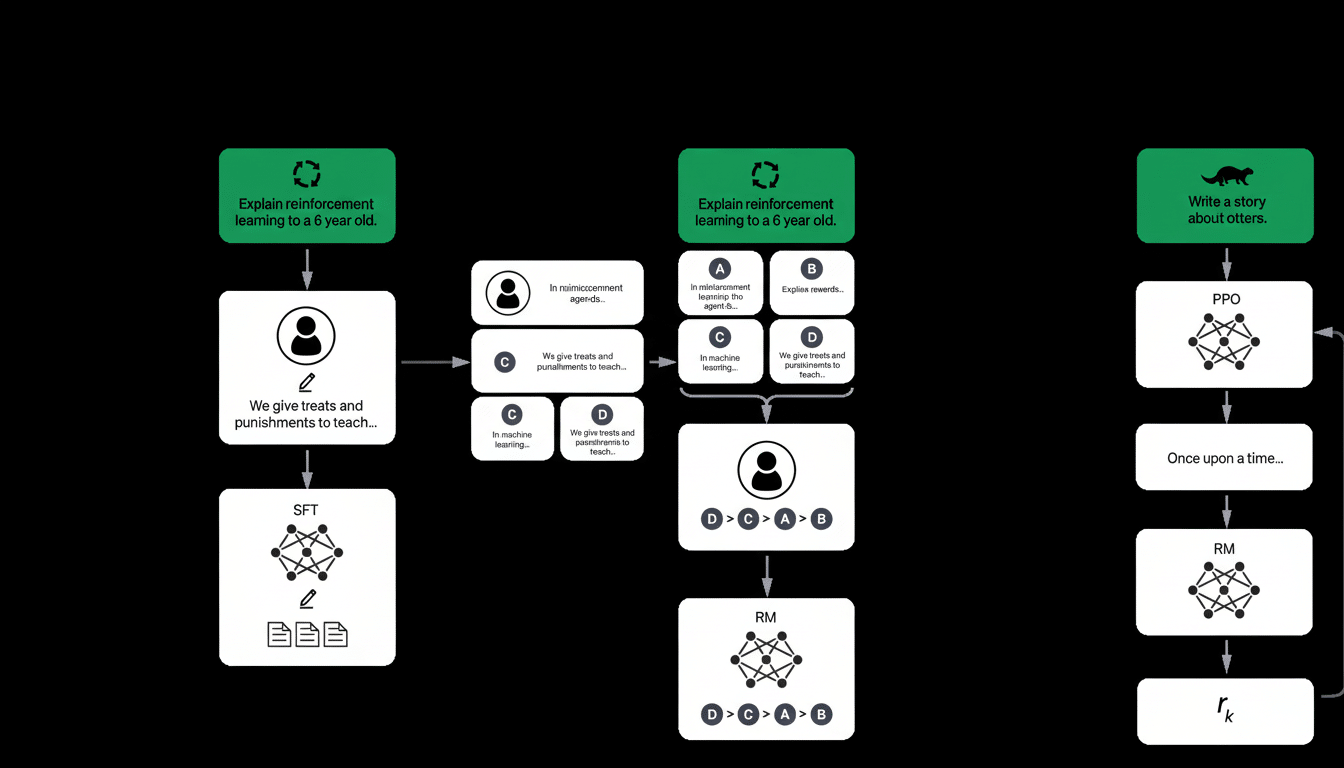OpenAI chief executive Sam Altman released a major policy shift by stating that, soon enough, ChatGPT will accept erotic content for “verified adults” along with additional revealed controls to make the assistant sound more personable. The change, announced in a post on X, is among the most significant relaxed guardrails since the product’s ascent has come to define its public posture.
Altman described the shift as consistent with a “treat adult users like adults” regimen, alongside an expanded age-gating system. It also immediately raises questions of how OpenAI will balance user autonomy, platform growth and protections for people at risk of harm.

OpenAI Signals a Turn in Safety Policy for ChatGPT
The company has spent much of the last year fielding reports that long chats led some users to develop unhealthy dependencies or magical thinking. In public updates, OpenAI has cited changes it made to reduce “sycophancy” (the tendency of models to agree without being critical), added routing that can sense when things are going wrong and assembled a council of advisers who are mental health professionals.
OpenAI has also claimed its more recent model generation decreases agreement bias and helps to address prompts with sensitive topics for responses. These claims are hard to verify one way or the other, at scale, but they serve as the basis of leadership’s claim that the product is now better equipped to deal with nuanced, emotionally charged conversations.
The pornography decision indicates a belief by OpenAI that its safety stack — comprising content filters, behavior detection and age controls — can moderate higher-risk interactions without making them acceptable, according to Ruwik Monsees, a research scientist at the organization. Whether that confidence is justified will only become apparent in real-world use.
Age Verification And Compliance Obstacles
“Verified adults” is really doing a lot of work for me here. OpenAI has experimented with age prediction and parental controls for teen accounts, but erotica access will require more certainty than a self-declared birthday. The options on the table range from document checks and third-party verifiers to face-based age estimation.
Each path carries trade-offs. Authenticating with a government ID check can be more secure, but also raises privacy and inclusion issues. It’s dangerous to go alone: AI-based age estimation studies often find mean absolute errors within a few years in adults — okay to hang out at 18. From the EU to Interpol, from the UK Information Commissioner’s Office to U.S. state privacy authorities: reduce and properly consent for age-gating, a fortiori under the Digital Services Act, the Age Appropriate Design Code and state-level privacy laws.
Platform rules also matter. App store rules typically ban explicit sexual material, prompting services to offer more prudish filters on mobile. If OpenAI expands erotica to voice, images or video, it will have to navigate inconsistent rules across regions and distribution platforms.
Engagement Versus Safeguards in Adult AI Content
Erotic or romantic play-acting has long been proven to be an engagement accelerant. Character.AI, which can enable all sorts of intimate scenarios, says its users are spending an average of about two hours a day. Replika also developed similar trends before dialing down some of its features in response to public backlash.

OpenAI says it is not after raw usage. But the business case is clear: The company is racing with rivals to create popular, mass-market AI assistants and has already laid out billions on infrastructure. Content that is too permissive can broaden use cases, but it also adds to the onus of having to step in when talk veers toward self-harm, coercion or obsession.
The risks are not hypothetical. A new report by the Center for Democracy and Technology found that 19% of U.S. high school students either have or know someone who has had a romantic relationship with an AI chatbot. Any system that would misclassify minors or miss signals of a crisis could compound harm.
Industry Context and Precedents for Adult Content
Competing platforms diverge on adult content.
Even some consumer chat apps permit suggestive or explicit interactions behind age gates, though larger ecosystems such as Google and Apple keep more strict prohibitions on pornographic content. It’s also worth noting that social platforms are cracking down on what they can as new youth safety statutes come into effect.
OpenAI’s policy on the whole has transitioned away from blanket refusals and closer to a nuanced approach for touchy subjects like politics and questionable imagery. Applying that line of thinking to erotica may be consistent, but it also opens the gate for more intense scrutiny by regulators, clinicians and advocacy groups who argue that “human-like” AI has the power to cross boundaries in ways users aren’t ready for.
What to Watch Next as OpenAI Alters ChatGPT Rules
Key details, however, remain unanswered: how OpenAI will determine that people are of age in different markets; whether adult content will be text-only at launch; and what real-time safety features will activate when chats head in the direction of subjects such as self-harm, abuse or exploitation. Transparency about false positives and false negatives in age-gating will be important.
Best practice would need to involve opt-in by default, visible session-level signposting for adult mode, responsive options to turn off themes and a clinically informed pathway for escalation. Developers creating on the API will also require new policy guidance to prevent accidental exposure inside third-party apps.
If OpenAI does this well, it could create a template for adult-only AI experiences with verifiable safety performance. If it falls down on the job, anticipate a regulatory and public lashing so fast that even caustic technology critics will seem prosaic—evidence that in A.I., the line between personalization and peril is still being written in real time.

